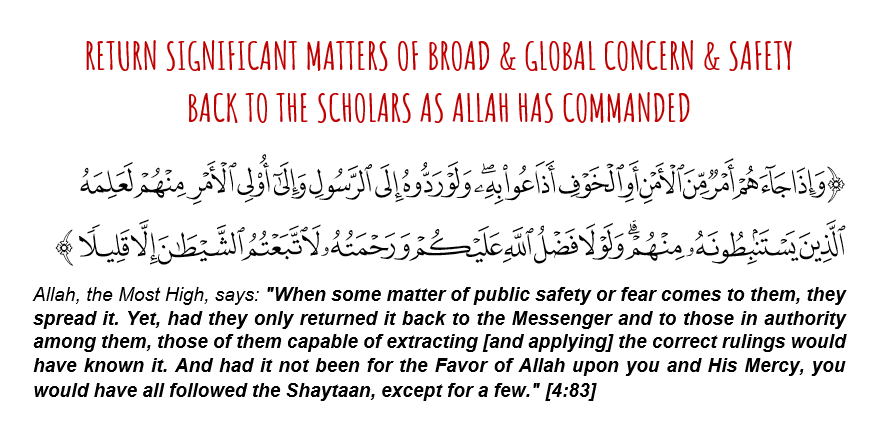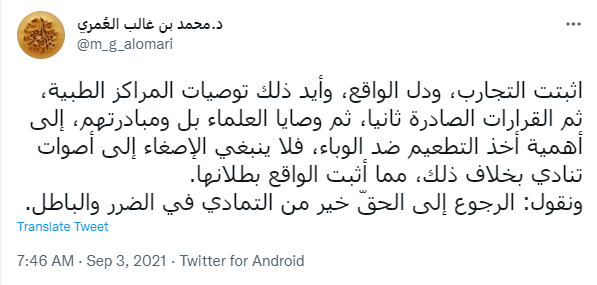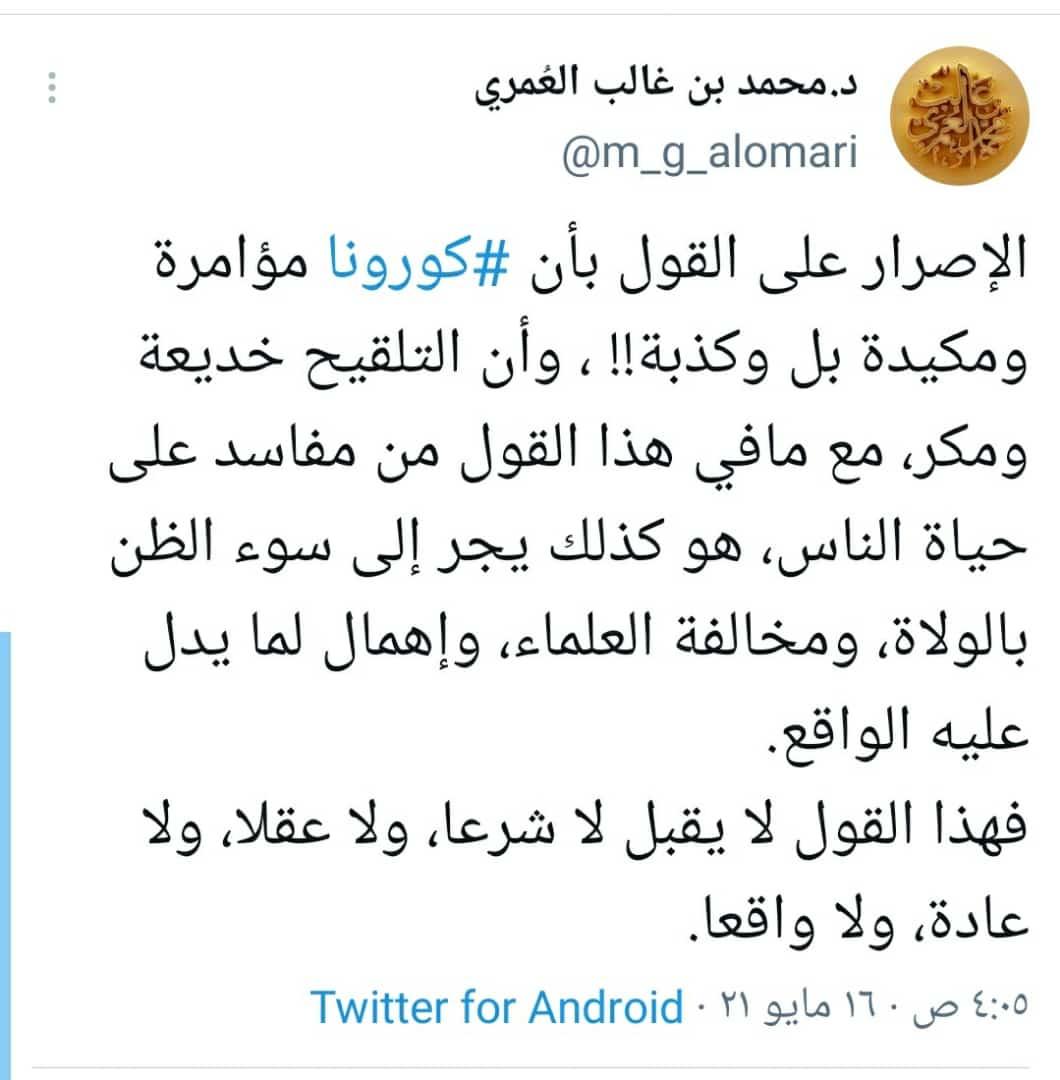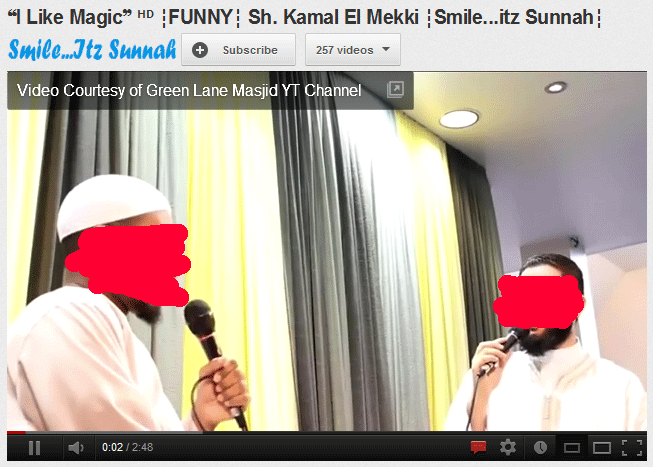In the Name of Allah, the Most Gracious, the Ever Merciful…
An important clarification by the great scholar, Shaykh Muhammad Naasir ad-Deen al-Albaanee (may Allah have Mercy on him), on a crucial topic, in light of modern claims by political activists…
QUESTIONER: In Zubdat at-Tafseer by Shaykh ‘Umar al-Ashqar, in explanation of Soorah Yoosuf, he says there that Yoosuf’s employment (may Allah grant him peace) was under the authority of the king. He uses this as proof in this Tafseer; he says this is among what proves the permissibility of believers working in positions within a non-Muslim government. So what is your comment [about this]?
AL-ALBAANEE: I cannot comment until after I know what is behind this, because I could say: Yes, it is possible, and I could provide an easy example of that. It is possible, as found in our current situation now, when we do not say that none of the Islamic countries are governing by what Allah has sent down, but at least we can say that most of the Islamic countries are not governing by what Allah sent down. Is it not possible then to be a khateeb who admonishes the people and teaches them, meaning: under the rule of a disbeliever?
QUESTIONER: Shaykh, I was actually referring to the Algerian Parliament…
AL-ALBAANEE: I know that, my brother, I know. That is why I provided the example that would be included in [the generality] of those words. However, before that, I said: What is behind these words? I fear, and this is what I think is the case, and Allah knows best, while the brother is among our brothers, and I do not praise anyone, claiming it is his reality with Allah, but I am [still] afraid of what I fear is the case, that he has been influenced by the current [political] atmosphere, as these [political] parties endorse participation in parliament, and so they rely on this Quranic passage that has been cited as a proof in their favor, so they can work in parliament under a disbeliever’s governmental system. Our answer to this is from two angles, as a basic principle, along with an extension from that. In actuality, I had begun with the extension, so we could reflect about what the actual intention was behind those expressions. So I provided an example previously, that it would be possible to be an employee in some kind of position. The example was being a khateeb in one of the masjids, while the ruler is a disbeliever. However, in this position, he does not serve the interests of disbelief, nor does he serve the cross (i.e., Christianity), nor does he serve [the interests of] ruling by other than what Allah sent down. So when the intended goal of this example was this kind of situation, there is no problem [in understanding the issue], right?
Now, we ask the one using this Verse, let us call it the Yoosufic Verse, (“al-Aayah al-Yoosufiyyah”): Could it be understood that Yoosuf (may Allah raise his rank and grant him peace), when he made his request to the leader of Egypt, “Give me authority over the stored goods of the land (i.e., the economy); I am protective and knowledgeable,” [1] was he going to rule by the governmental system in place, the one used by the leader of Egypt? Or would he rule by the governmental system from the Lord of all things? He would not be able to answer with anything other than the second answer, is that not so? [2] So now we say: Are those who get involved in parliament able to follow in Yoosuf’s footsteps (may Allah raise his rank and grant him peace), in how they govern? “Bring it, bring on what you have been promised!” (i.e., How far off that is!) [3] Thus, this line of argument (i.e., this attempt to use this Verse to prove this) makes something permissible, yet makes us afraid of many things! The least that can be said is that it is now feared that this line of argument would be used against the interests of Islam and the Muslims.
Also, I can say: From the special distinctions of the Messenger (may Allah raise his rank and grant him peace) is his statement, “I have been given a special distinction over the [other] prophets through five [things]…” and he mentioned among them: “A prophet would be sent to his people specifically, yet I have been sent to all of mankind.” [4] So the legislation of Yoosuf is not legislation for us. And from here we can disprove this line of argument from its root and base, is that clear? It is now over.”
Source: Silsilat al-Hudaa wan-Noor, no.1023 (beginning at 4 minutes into the recording). Translation: Moosaa Richardson (1446.05.05) for Bakkah.net
Resources: Arabic source (MP3) | Translation with Arabic transcript (PDF)
FOOTNOTES: (by the translator)
[1] A translation of the meaning of Soorah Yoosuf [12:55]
[2] Actually, not any more. Sadly, today we actually have political activists that would have us believe that Yoosuf would rule, at least partially, by the disbelieving king’s political system, and he would do some things in violation of Allah’s command as a compromise to stay in his position! Refuge with Allah is sought from deviation, compromising our Religion, false explanation of Allah’s Speech, and baseless slander of one of Allah’s prophets!
[3] Borrowing from the language of Soorah al-Mu’minoon [23:36]
[4] Collected by al-Bukhaaree (no.335) and Muslim (no.521), from the report of Jaabir (may Allah be pleased with him).





